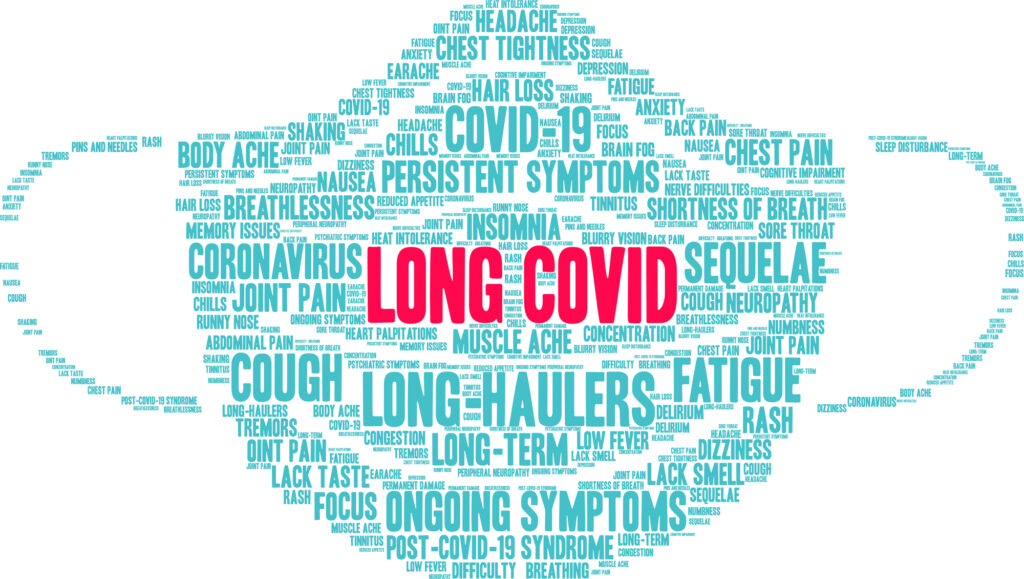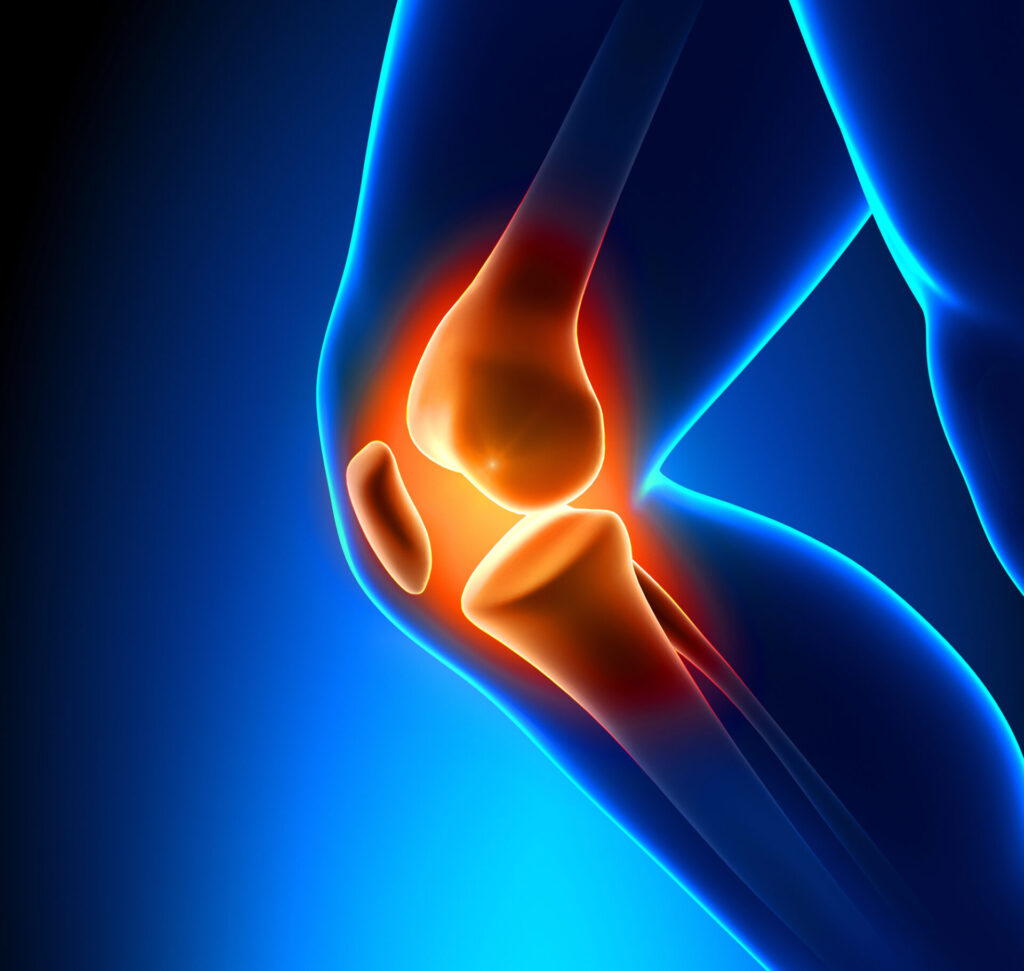More than 100 million Americans have been infected with the virus that causes Covid-19, about 6 percent of whom suffer from what’s known popularly as “long Covid.” This poorly understood condition can manifest as any of an array of more than 200 identified symptoms that persist in some people after signs of the viral infection are no longer present. Clinical symptoms include fatigue, brain fog, and dizziness, and last for months or years after a person has had Covid-19.
Now, a team of scientists has identified the most common signs and symptoms of long Covid and developed a scoring system to help with diagnosis. Their research, which was published online in JAMA, was conducted under the NIH’s Researching Covid to Enhance Recovery (RECOVER) initiative, which aims to determine why some people develop long-term symptoms and to develop ways to detect, treat, and prevent long Covid.
“Americans living with long Covid want to understand what is happening with their bodies,” said Admiral Rachel L. Levine, MD, Assistant Secretary for Health. “RECOVER…is making great strides toward improving our understanding of long COVID and its associated conditions.”
The Study
Researchers examined data from 9,764 adults, including 8,646 who had Covid-19 and 1,118 who did not. They assessed more than 30 symptoms across multiple body areas and organs and applied statistical analyses that identified 12 symptoms that most set apart those with and without long Covid: post-exertional malaise, fatigue, brain fog, dizziness, gastrointestinal symptoms, heart palpitations, issues with sexual desire or capacity, loss of smell or taste, thirst, chronic cough, chest pain, and abnormal movements.
They then established a scoring system based on patient-reported symptoms. By assigning points to each of the 12 symptoms, the team gave each patient a score based on symptom combinations. With these scores, the researchers were able to identify a meaningful threshold for identifying participants with long Covid. They also found that certain symptoms occurred together, defining four subgroups or “clusters” with a range of impacts on health.
In addition to establishing the scoring system, the researchers found that participants who were unvaccinated or who had Covid-19 before the Omicron strain emerged in 2021 were more likely to have long Covid and more severe cases of long Covid. Further, reinfections were also linked to higher long Covid frequency and severity, compared to people who only had Covid-19 once.
Conclusions
“This study is an important step toward defining long Covid beyond any one individual symptom,” said study author Leora Horwitz, MD, director of the Center for Healthcare Innovation and Delivery Science, at NYU. “This approach—which may evolve over time—will serve as a foundation for scientific discovery and treatment design.”
The researchers were quick to point out, however, that these results are preliminary. “While the score developed in this study is an important research tool and early step toward diagnosing and monitoring patients with long Covid, we recognize its limitations,” said David C. Goff, MD, PhD, director of the Division of Cardiovascular Sciences at the National Heart, Lung, and Blood Institute. “As treatments are developed, it will be important to consider the complete symptom profile.”
RECOVER research is serving as the foundation for planned clinical trials, whose interventions are rooted in many of the symptoms outlined in this study. RECOVER clinical trials are expected to begin enrolling patient participants later this year.






